The ERP market was at USD 33.6 billion in 2017 and is expected to be USD 47.85 billion by 2023 which is at 6.07% of compound annual growth rate over the forecast period (2018-2023).
Enterprise Resource Planning (ERP) systems are modular application software that helps businesses increase the productivity of such mission-critical components as human resources, finance, parts purchasing, inventory control, supply chain and customer relationship management. ERP systems are enterprise-wide and claim to incorporate best business practices that replace legacy systems and current business processes.
Enterprise resource planning (ERP) systems are becoming a necessity, owing to your increasing amount of workflow and the planning it brings. ERP can help any enterprise do business worldwide. One of many key benefits of ERP systems is the way it helps in the getting the work done. ERP systems further monitor the utilization of resources and workflow schedules and help in accomplishing the most complicated tasks in a very systematic way.
The ERP market has fast evolved with vendors offering enterprise-wide solutions which have much functionality, can be integrated with other business solutions, and are usually scalable to growing business requirements. The market in the last decade has seen a paradigm shift driven by wide changes being witnessed in pricing models, deployment methods, and straight market adaptations. In addition, with advancement in technologies, vendors are providing intuitive, user-friendly solutions for customers. Different cloud deployment models such as SaaS is generating buzz, the pay-as-per usage pricing model has made largely popular by organizations searching to restore significant capital expenditures with a subscription cost, and along with this comes anytime-anywhere access solutions which have made the ERP cloud technology almost ubiquitous.
With the ongoing saturation in the large-scale segment, the small and medium enterprises segment is coming under the increased focus of ERP vendors. The strong economy has seen many small businesses expand rapidly, creating a large pool of mid-size companies. Small business is also showing considerable interest in features that hitherto would have only been used by larger firms. They are becoming more sophisticated in their approach and changing their outlook towards the technology aspect. This market was traditionally dominated by niche players who are now facing the influx of big players in the segment. The numbers of vendors are increasing not only due to the intervention of bigger players but also due to the intrusion of many smaller ones. They are expecting much more as they are becoming tech-savvy now. However, they differ from large enterprises in their vision regarding the effectiveness of the software. Large enterprises look the implementation from a holistic approach including the intangible aspect of customer satisfaction while SME wants real value for money and to be able to calculate, say, a total cost of ownership over five years.
There always has been a need for integrated solutions, especially when talking about an integrated enterprise from the plant floor up to the executive offices. With the continued demand on acquisitions, along with the programs to address the Small-Medium Business market, systems integration is a necessary evil between ERP and other enterprise solutions. Integration has been difficult, but SOA provides value to the enterprise by freeing key pieces of business functionality from individual systems and making them available for integration with other applications
ERP Solution industry is in the state of constant flux. The market development relies on all trends. Over the years, cloud-based ERP solutions will witness adoption that is high; concurrently, the cloud market will be filled with doubt related to recurring subscription cost and information security for small players. Nevertheless, at present, cloud-based solution is considered as a cheaper substitute for on-premise solutions and many small players seem assured about the privacy of information on the cloud. With the development of technologies, easier execution of varied ERP applications will lead to being a more matured solution. The ERP vendors will offer customized solutions to focus on large numbers of market verticals, offering rise to more bespoke ERP solutions because of this. It remains to be seen, the impact of most these developments and the true way they shape up the IT strategy of organizations across the world.
Emerging Trends in the ERP Market
• User-friendly ERP Systems
• Mobility
• Integrated ERP
• Interest In Cloud-based Solutions
• Internet of Things
• Post-Recession World
• Adapt or Die
• Doing Business Anytime, Anywhere.
ERP market participants vary by economic stature. Big businesses typically buy ERP software with broad applicability, including corporate areas such as accounting, finance, hr management, product sales and purchasing. Smaller clients, however, buy limited-scope resource planning software for operating needs. There is also an open source ERP market to choose from. The ERP market plays a job that is key only in corporate decision-making procedures.
Real-time Data Analytics Market is driving development
Big data analytics has gradually emerged to be the most prominent collective phenomenon. The ERP analytics tools enable them to translate hordes of consumer information into actionable insights. The interest in analytics tools has been bolstering the ERP market globally. Big data analytics includes consistent data availability across the business for quicker decision-making, real-time data analytics, and increased use of ERP solutions for better management. Incremental technological advancements will pave the means for a few growth opportunities for the ERP market, by making analytics tools more accessible to the businesses for smaller markets.
why is the ERP Market Growing?
Generally, Businesses are benefiting from ERP solutions in a way that is big and save lots of time and money. some more reasons include.
- Lot more intelligent and streamlined business solutions.
- Attain more efficiency operating ERP systems.
- Availability of ERP Solutions for small and medium scale markets.
- Acceptance of cloud-based SaaS solutions.
Moving to the cloud…
Businesses should adopt cutting-edge tools like Cloud ERPs to ensure their survival in today’s competitive world. The growth of cloud computing use in the mid-market sector isn’t only becoming a necessity, it is more accessible based on the costs and features today. Nearly one-third of all enterprise resource planning (ERP) systems in the global world will attempt migrating to your cloud in the following couple of years. Numerous big companies have been deeply reluctant to consider moving their mission-critical financial applications to the cloud for a range of reasons.
The most notable market players in the global ERP software market are adopting different strategies to stay competitive in the market. North American market held the largest share of global cloud-based ERP market in 2016 owing to technological advancements and a rise in applications of cloud-based ERP in manufacturing, government, and retail areas. The Asia-Pacific cloud-based ERP market is anticipated to grow at a certain rate sooner. The requirement for diverse industry solutions is anticipated to drive the growth of cloud-based ERP software in Asia-Pacific.




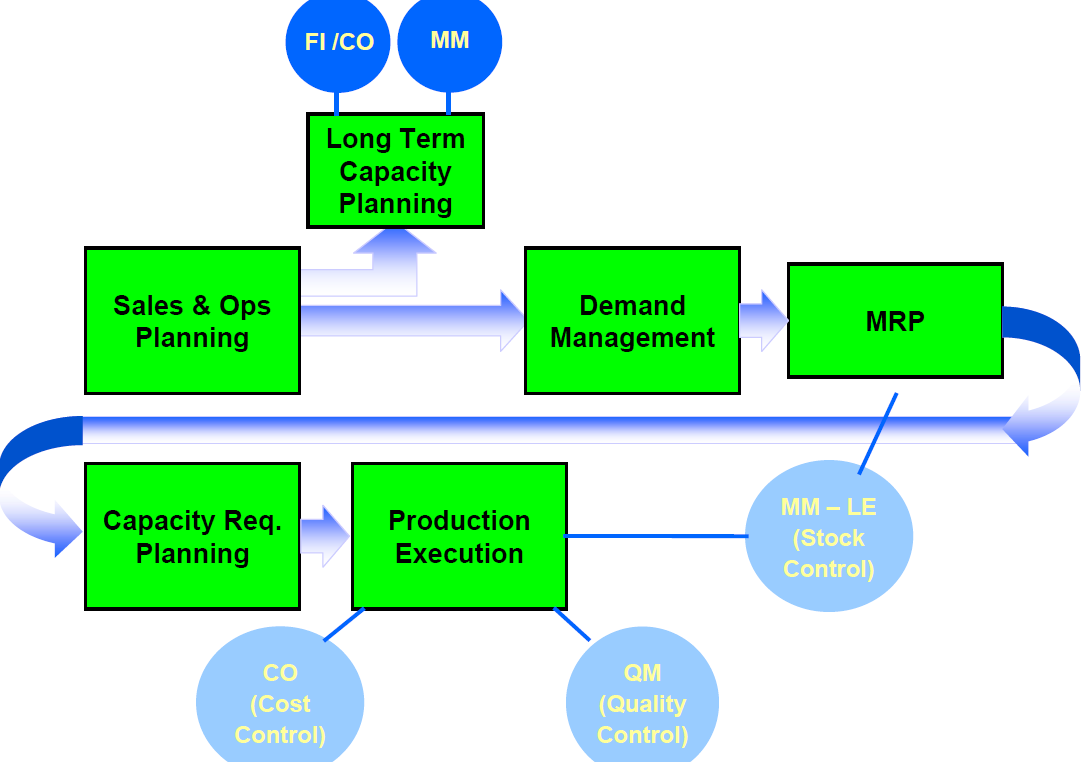

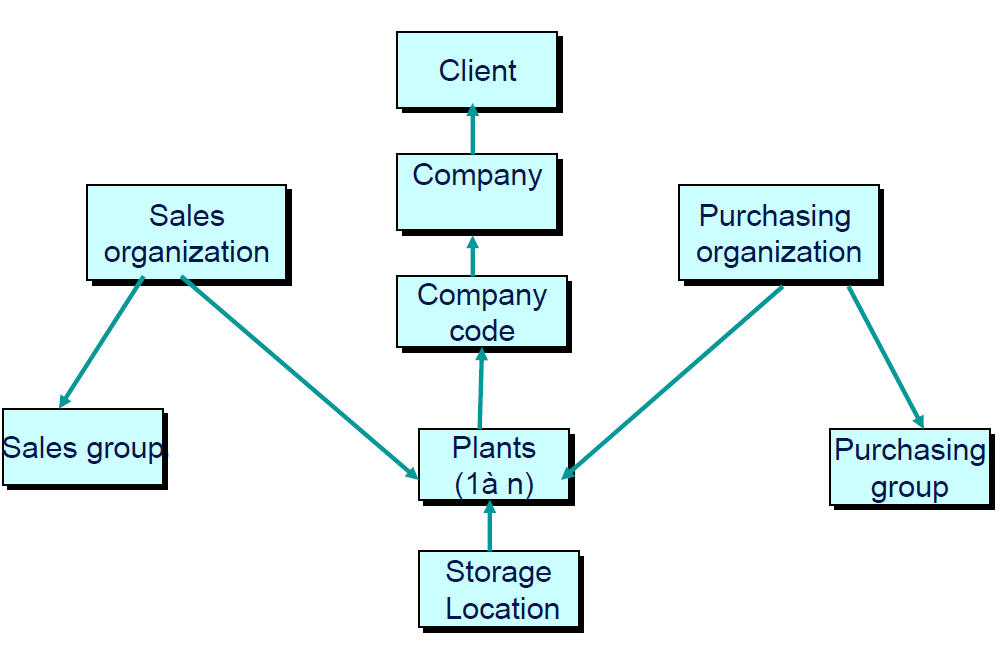
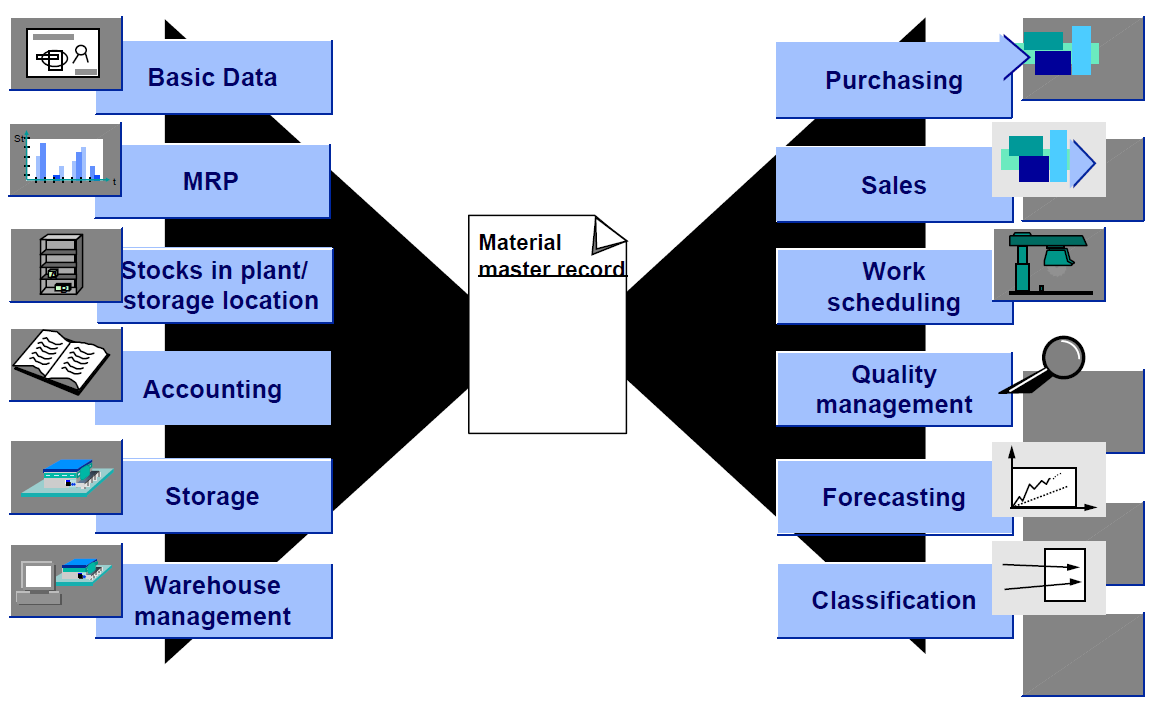
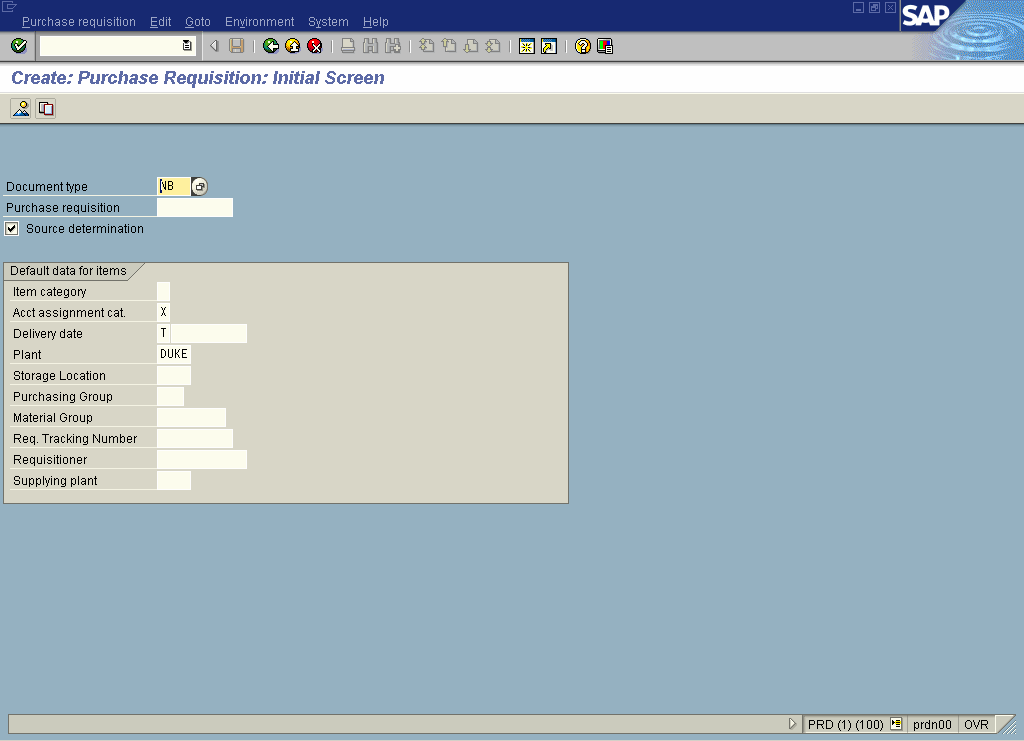
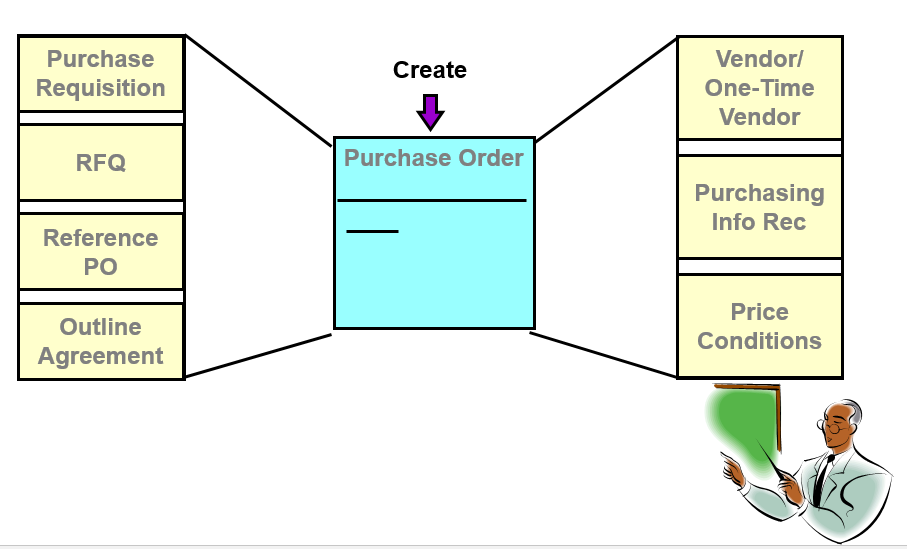
Leave a Reply